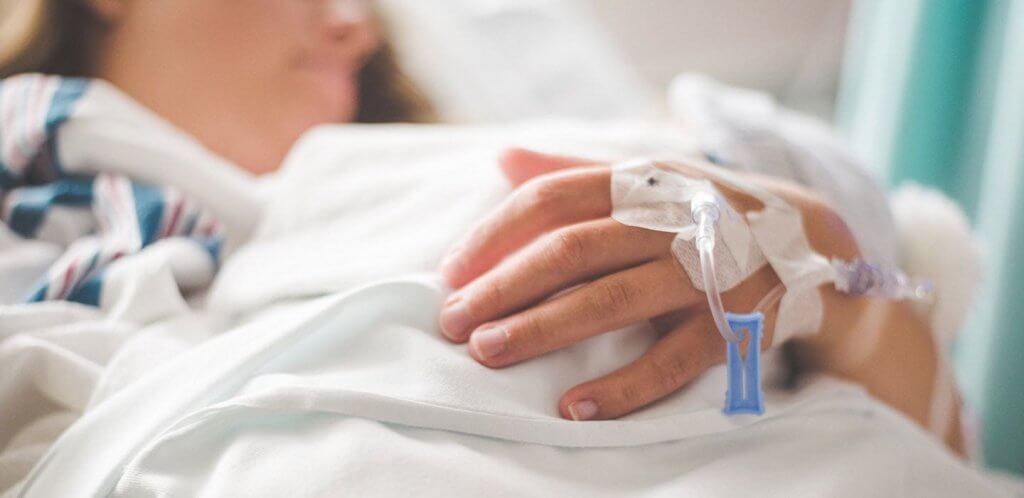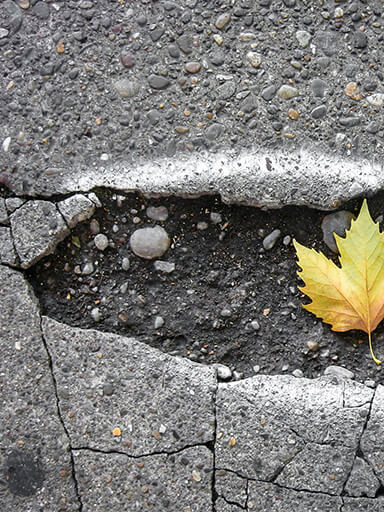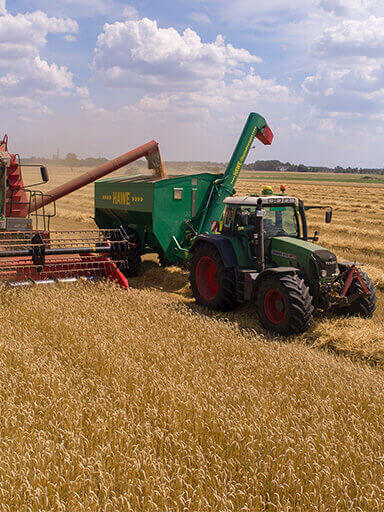Understanding Child Brain Injury Compensation: A Parent’s Guide
Dealing with the aftermath of a child’s brain injury can be overwhelming, especially when faced with the long-term effects such an injury may have on their development and future prospects. Many parents feel lost, not knowing where to turn for help.
This is where understanding child brain injury compensation becomes crucial. Compensation can provide much-needed financial support for medical treatments, rehabilitation, and ongoing care, helping to secure the best possible outcome for your child.
In this guide, we’ll walk you through the steps of making a claim, from understanding the causes of brain injuries to navigating the legal process.
Reach out to us today on 0800 0747 644 or complete a Free Online Enquiry to tell us more about your situation.
Or keep on reading to learn the essentials of brain injury claims.
“I can’t think of any way you could improve your service as I have found everything from start to finish first class.”
What Is Child Brain Injury Compensation?
Child brain injury compensation is designed to help families cope with the financial and emotional toll that comes after a serious injury.
When a child suffers a brain injury, the long-term impact can be life-changing. Compensation ensures that families are not left to bear the burden of medical bills, ongoing care, and potential loss of future earnings.
Compensation can cover:
- Immediate medical costs, including surgery and hospital stays.
- Long-term rehabilitation and therapy.
- Equipment or home adaptations.
- Educational support or specialist care.
- Loss of future earnings and quality of life considerations.
Importantly, child brain injury compensation isn’t just about covering current expenses but also future costs that may arise due to long-term disabilities or challenges.
Common Causes of Child Brain Injuries
Child brain injuries can happen in many situations, often through no fault of the child or their family. Common causes include:
- Road Traffic Accidents: Children may suffer brain injuries as passengers, pedestrians, or cyclists involved in traffic accidents.
- Medical Negligence: Mistakes made during birth, delayed diagnoses, or errors in treatment can lead to significant brain damage in infants or children.
- Accidents in Public Places: Unsafe conditions at playgrounds, schools, or parks can result in serious falls or impacts that lead to brain injury.
- Sports-Related Injuries: Contact sports or inadequate supervision during physical activities can sometimes lead to traumatic brain injuries (TBI).
For instance, one case involved a young boy who suffered a brain injury after falling from unsafe playground equipment. Through a compensation claim, his family was able to secure funds for his ongoing treatment and specialised education.
How to Begin a Child Brain Injury Claim
Starting a claim for child brain injury compensation may feel daunting, but the process is designed to ensure your child gets the support they need. Here’s a step-by-step guide to help you begin:
1. Seek Legal Advice: Consult a solicitor specialising in brain injury claims. They will be able to assess your case and guide you through the legal process.
2. Gather Evidence: Your solicitor will help collect medical records, witness statements, accident reports, and any other documentation that proves how the injury occurred and its impact.
3. Medical Expert Assessments: Independent medical professionals will likely be called upon to assess the injury and determine the long-term effects on your child’s life.
4. Submit the Claim: Once the evidence is in place, your solicitor will file the claim with the relevant parties, whether that be an insurance company or another liable entity.
5. Negotiation or Litigation: Most cases are settled through negotiation, but if the parties cannot agree on a fair amount, the case may proceed to court.
Factors That Influence the Amount of Compensation
The amount of compensation awarded in a child brain injury claim will vary depending on several key factors:
- Severity of the Injury: The more severe and life-changing the brain injury, the higher the compensation is likely to be.
- Long-Term Impact: If the injury is expected to have lifelong consequences, such as the need for full-time care or the inability to work, the compensation will be calculated to account for those needs.
- Medical and Care Costs: Current and future medical expenses, including surgeries, rehabilitation, and ongoing care, will be considered.
- Loss of Earnings: Although children don’t yet have a working income, claims can include loss of future earnings if the injury is likely to impact their ability to work in adulthood.
For example, in a recent case, a young girl who sustained a brain injury due to medical negligence received compensation that covered the cost of private schooling, rehabilitation therapies, and future care costs, ensuring her family had the financial support to give her the best chance at life.
The Legal Process and What to Expect
Once you’ve started a claim, it’s essential to understand what the legal process involves. Most compensation claims are resolved before reaching court, with settlements being negotiated between your solicitor and the opposing party. However, if an agreement cannot be reached, the case may go to court, where a judge will decide the outcome.
During the claim process, your solicitor will keep you updated and explain each step clearly. They’ll handle the bulk of the paperwork, allowing you to focus on your child’s recovery and well-being.
Why Choosing the Right Solicitor Matters
Choosing the right solicitor is crucial when pursuing a brain injury compensation claim for your child. A specialist solicitor who understands the complexities of brain injuries will be able to offer the most accurate advice, gather the strongest evidence, and ensure that your claim takes into account the full scope of your child’s needs.
At Grieves Solicitors, we have extensive experience handling child brain injury claims, and we understand how challenging this time can be for families. Our dedicated team will guide you through every step of the process, ensuring you receive the compensation your child deserves. We work on a no-win, no-fee basis, so you can pursue justice without financial risk.
Conclusion
Claiming compensation for a child’s brain injury is not just about seeking financial relief but about ensuring your child’s future is as secure and supported as possible.
With the right legal team by your side, you can focus on your child’s recovery while we handle the legal complexities.
If you believe your child has suffered a brain injury due to an accident or negligence, don’t hesitate to get in touch with Grieves Solicitors today for a free, no-obligation consultation.
Reach out to us today on 0800 0747 644 or complete a Free Online Enquiry to tell us more about your situation. Or keep on reading to learn the essentials of brain injury claims.
Here at Grieves Solicitors, Personal Injury Specialists, we offer a no win, no fee solution to funding your claim (a conditional fee agreement) which means that you do not have to worry about legal costs and expenses. You can read about our no win, no fee agreement here.
Let us help you





